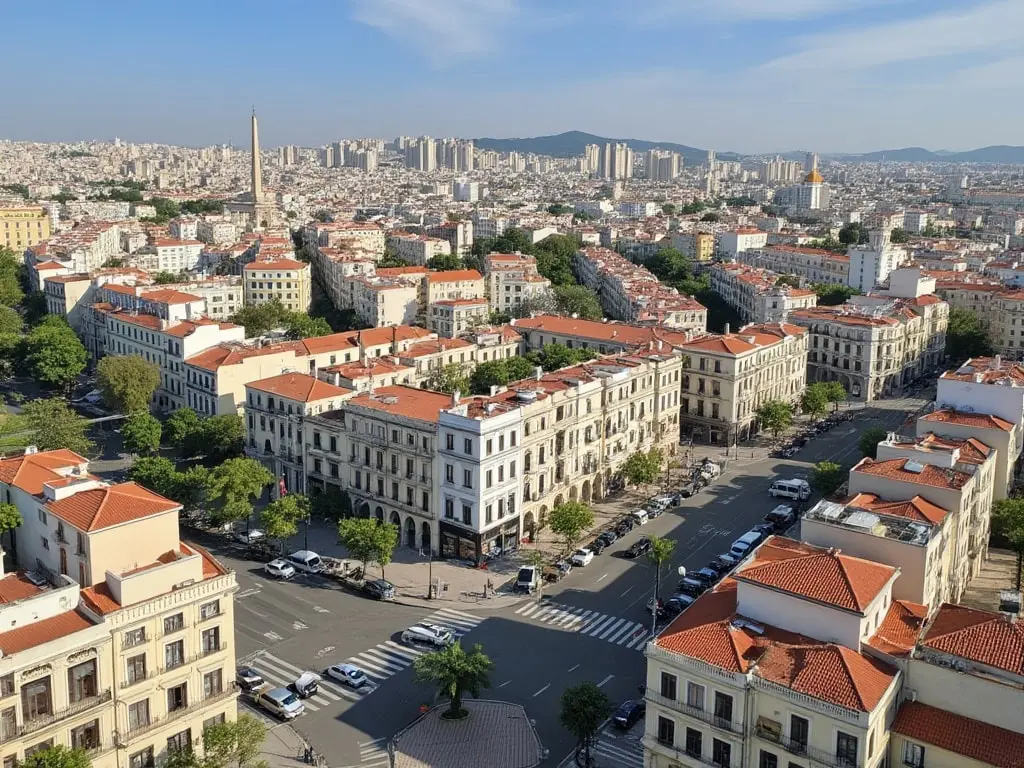
Algiers is the capital and largest city of Algeria, a vibrant and historic city located on the Mediterranean coast. Founded by the Phoenicians in 944 AD, Algiers has a rich cultural heritage and has been influenced by various civilizations throughout its history.
Algiers information
| Country | 🇩🇿 Algeria |
| City Population | Approximately 3.4 million people |
| City Coordinates | 36.7783° N, 3.0423° E |
| City Area | 363 km² (140 sq mi) |
| Climate | Mediterranean climate with mild winters and warm summers |
| Language | Arabic and Berber (official), French (widely spoken) |
| Currency | Algerian dinar (DZD) |
| Time zone | CET (Central European Time) UTC+1 |
| Proximity to other major cities | Located approximately 500 km (310 mi) east of Oran, 1,000 km (620 mi) west of Tunis, and 1,500 km (930 mi) northwest of Tripoli |
Interesting facts about Algiers
- Algiers is home to the largest mosque in the world, the Grand Mosque of Algiers.
- The city's name is derived from the Arabic word "al-Jazā'ir," meaning "the islands."
- Algiers has a unique blend of Arabic and French architectural styles, with many buildings featuring intricate tile work and ornate facades.
- The city is home to the National Museum of Antiquities and Islamic Art, which features a collection of artifacts and artworks from ancient times to the present day.
Tourist attractions in Algiers
- The Casbah of Algiers, a UNESCO World Heritage Site and one of the oldest neighborhoods in the city.
- The Grand Mosque of Algiers, the largest mosque in the world.
- The National Museum of Antiquities and Islamic Art, which features a collection of artifacts and artworks from ancient times to the present day.
- The Martyrs' Memorial, a monument dedicated to the Algerian War of Independence.
- The Port of Algiers, one of the busiest ports in the Mediterranean.
Historical Background of Algiers
Algiers has a long and complex history, with various empires and dynasties vying for control of the city. The city was an important center of trade and commerce during the medieval period and was a major hub for the Ottoman Empire in the 16th century. Algiers was also a key location during the Algerian War of Independence, which led to the country's independence from France in 1962.
Geographical Location of Algiers
Algiers is situated on the Bay of Algiers, which is nestled between the Mediterranean Sea and the Tell Atlas Mountains. The city's geographical location has played a significant role in its development, with the bay providing a natural harbor and the surrounding mountains offering protection from invaders.
Cultural Significance of Algiers
Algiers is a city steeped in culture and history, with a blend of Arabic, Berber, and French influences. The city is home to numerous museums, galleries, and historical landmarks, including the Casbah of Algiers, a UNESCO World Heritage Site. Algiers is also known for its vibrant music and arts scene, with the city hosting numerous festivals and events throughout the year.
Economic Importance of Algiers
Algiers is the economic hub of Algeria, with the city playing a significant role in the country's oil and gas industry. The city is also a major center for trade and commerce, with the Port of Algiers being one of the busiest ports in the Mediterranean.
Conclusion on Algiers
In conclusion, Algiers is a city that offers a unique blend of history, culture, and natural beauty. From its rich cultural heritage to its stunning geographical location, Algiers is a city that has something to offer for every kind of traveler.
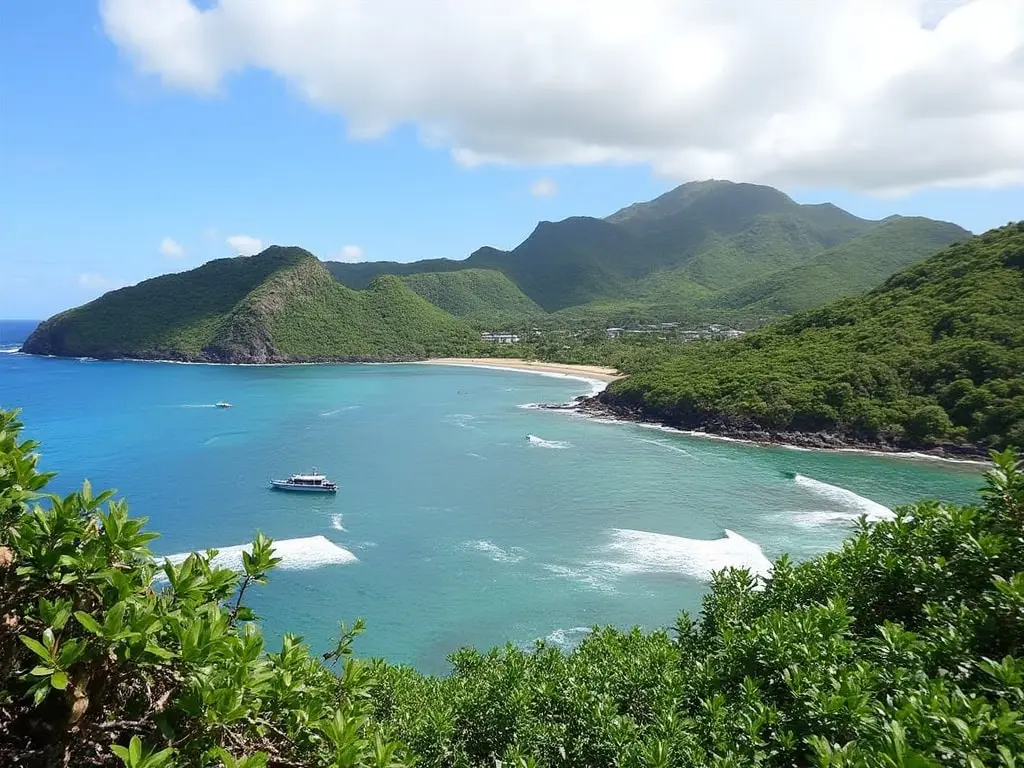 Alofi
Alofi
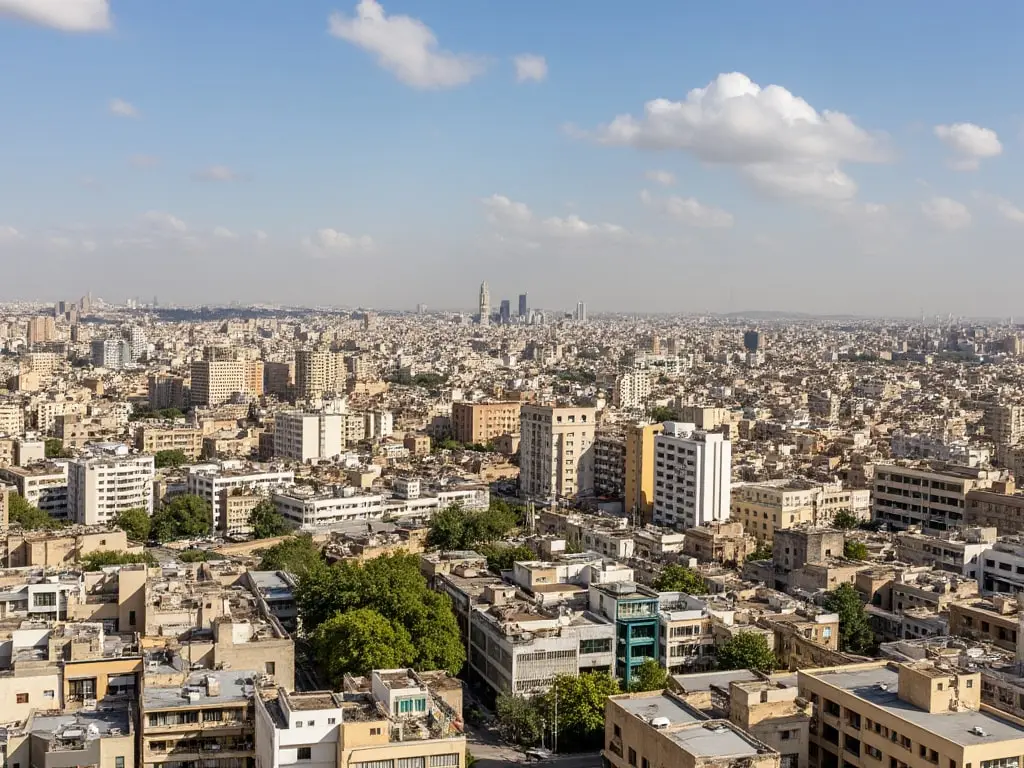 Amman
Amman
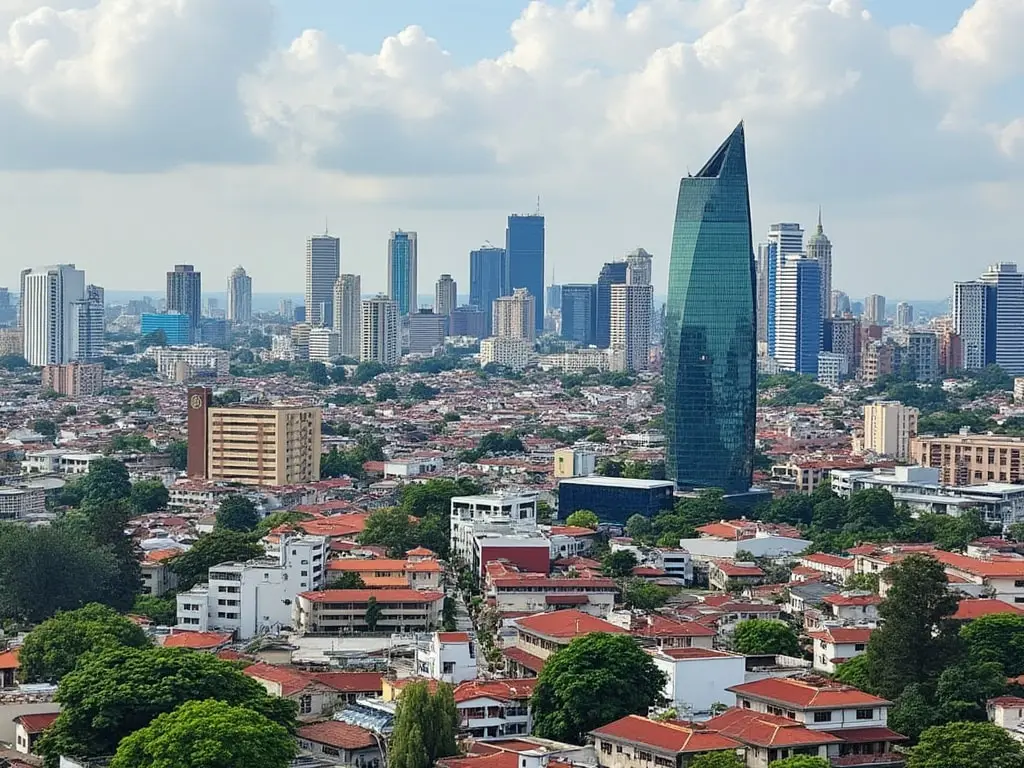 Accra
Accra
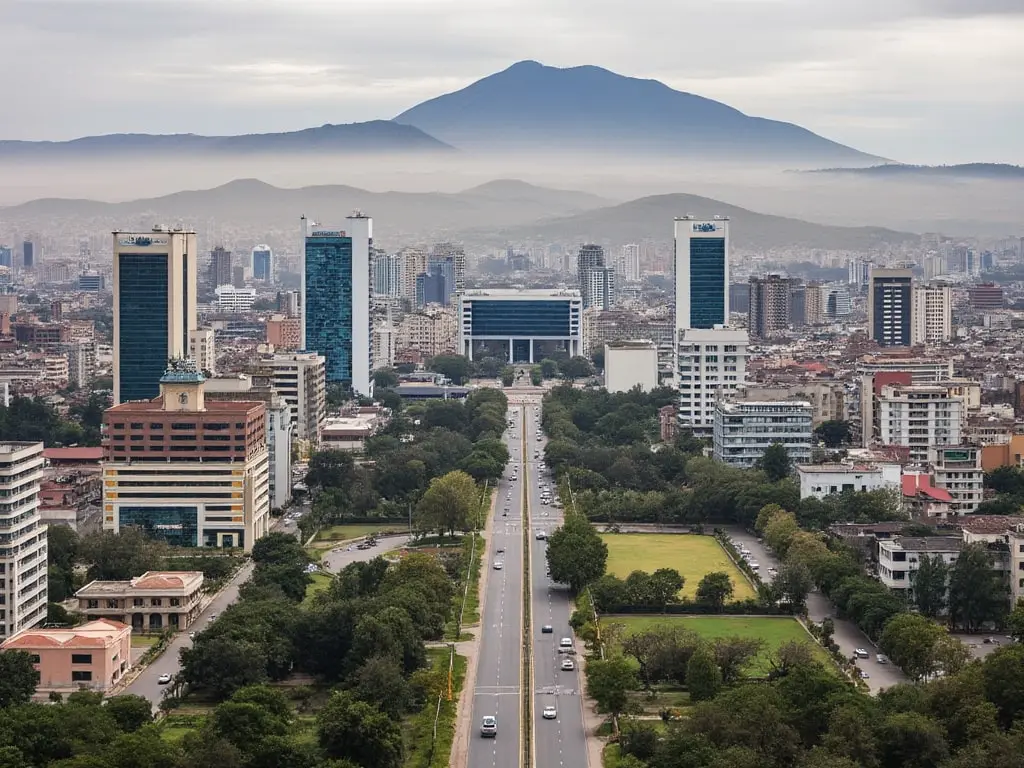 Addis Ababa
Addis Ababa